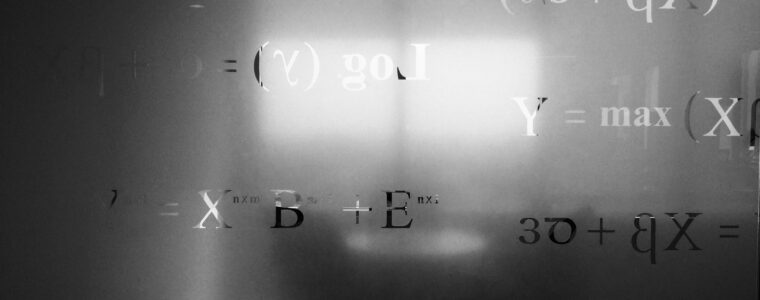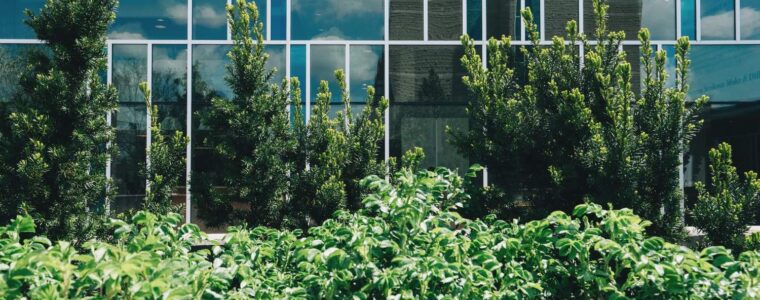This June 11 and 13, BIOS2 will host a new training on mathematical models in Ecology, hosted by our fellow Maxime Clenet!
This course is designed to deepen your understanding of theoretical models in ecology, such as population dynamics (Lotka-Volterra), spatial dynamics (metapopulation), or epidemiological models (SIR). The training is divided into two main parts.
First, we will look at the key steps in modelling and formalizing a biological problem in terms of equations and try to answer the questions: Why is it useful? And what are the main current theoretical approaches in population dynamics?
A rigorous mathematical analysis of the model will be carried out by presenting the main methodological tools useful for its analysis, such as equilibrium, Jacobian matrices and stability. This analysis will be integrated in the form of practical exercises and exchanges between the students.
The theoretical part will be followed by a numerical and data-oriented interpretation. You’ll learn how to develop a numerical method to find a solution to dynamical systems with some examples. At the end, the participants will have the opportunity to develop their own numerical simulations for their favourite dynamical model using an adapted and easily accessible programming tool (Python or R depending on programming preferences).
This training is an interdisciplinary project that aims to enhance technical skills, theoretical ecology understanding, and numerical and computational abilities. Trainees from diverse backgrounds are welcome, and the proposed formula will benefit everyone. The training will provide an opportunity for everyone to work on a simple model in three stages: understanding the basic mathematical ideas behind the model, the questions involved and the final numerical implementation of the model.
What: Short course on mathematical models in Ecology (8h)
When: June 11 and 13, 10am-4pm EST (includes lunch break)
Registration: https://us02web.zoom.us/meeting/register/tZMvcO2sqDMuHtOMCaTV2d_ro0bow8UfbZX9

